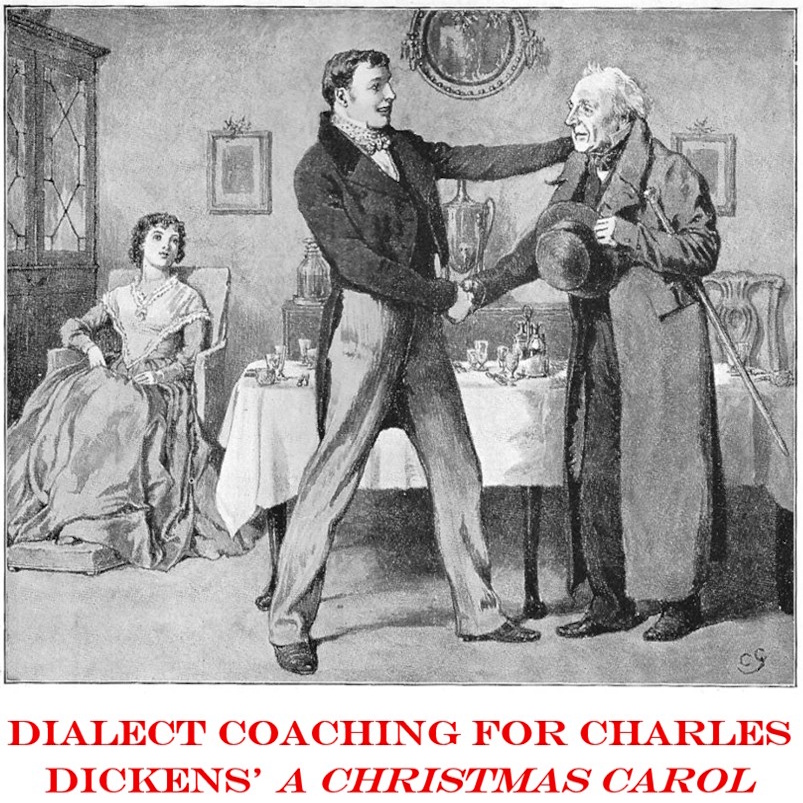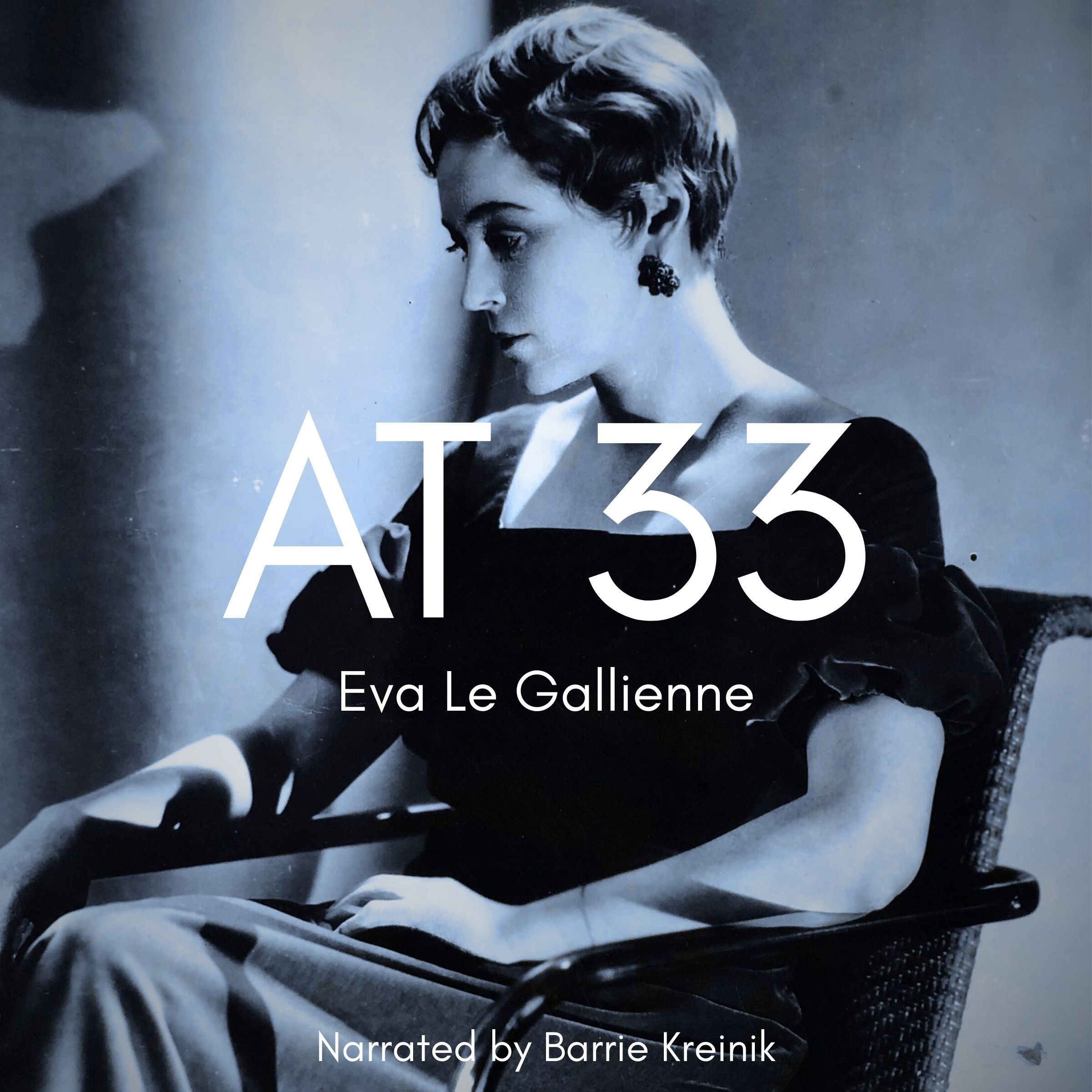England 68
Listen to England 68, a 37-year-old man from London, England. Click or tap the triangle-shaped play button to hear the subject.
Both as a courtesy and to comply with copyright law, please remember to credit IDEA for direct or indirect use of samples. IDEA is a free resource; please consider supporting us.
BIOGRAPHICAL INFORMATION
AGE: 37
DATE OF BIRTH (DD/MM/YYYY): 1970
PLACE OF BIRTH: London
GENDER: male
ETHNICITY: black
OCCUPATION: actor, writer
EDUCATION: master of art degree
AREA(S) OF RESIDENCE OUTSIDE REPRESENTATIVE REGION FOR LONGER THAN SIX MONTHS:
The subject was in Chicago, Illinois, in the United States, at the time of this recording.
OTHER INFLUENCES ON SPEECH:
The subject’s parents are from Grenada.
The text used in our recordings of scripted speech can be found by clicking here.
RECORDED BY: Tanera Marshall
DATE OF RECORDING (DD/MM/YYYY): 16/09/2007
PHONETIC TRANSCRIPTION OF SCRIPTED SPEECH: N/A
TRANSCRIBED BY: N/A
DATE OF TRANSCRIPTION (DD/MM/YYYY): N/A
ORTHOGRAPHIC TRANSCRIPTION OF UNSCRIPTED SPEECH:
I learnt to speak RP simply because I was — or at least my version of RP — because I was fed up with people having to put “man” at the end of a sentence to make me understand, as it were, you know. People would say, “Hello, man” and you know I would get really pissed off and I would be, like, I really don’t want people to do that, so that means I need to be able to sound like they do. And I say “they” as in the white middle classes, as opposed to the white working classes. My accent in the second one is closer to a kind of working-class black accent— a working-class London black accent — which is heavily influenced by the kind of South London (as opposed to Cockney) versions of English and also from our Caribbean … you know like you’d say /d/ as opposed to /th/ and you’d say “de” as opposed to “the” etc., etc. And so my second accent was much … was influenced very much in the way I spoke when I was a child, was influenced very much by the environment of my class as well as the environment of my Eastern Caribbean culture. But actually, in real terms, what I gave you was my straight London accent, and then the one before that was my straight RP. But if I was to do a West Indian, even that would be different. Well, you know … my mudda and my fadda come from Granada and, you know, that’s how we talk when we are home. We say “Eh, eh boy, wha’ goin on?” So that would be … there’s a completely different melody and comes out of a different place in my voice. My father sounds exactly the same as he has sounded since I was a child, and my mother probably confirms that he sounds exactly the same as he did when he first came to the country, I think. My mother — her accent slightly softened, but my mother was kind of middle-class Grenadian, so her accent was slightly different to my father’s, slightly more refined and slightly lighter, so it was easier for her accent to lose itself more.
TRANSCRIBED BY: Tanera Marshall
DATE OF TRANSCRIPTION (DD/MM/YYYY): 01/10/2007
PHONETIC TRANSCRIPTION OF UNSCRIPTED SPEECH: N/A
TRANSCRIBED BY: N/A
DATE OF TRANSCRIPTION (DD/MM/YYYY): N/A
SCHOLARLY COMMENTARY:
The subject shows a typical modernized RP, with casual flow and music, r-dropping, and elongated vowels. His London sample exhibits typical Estuary characteristics: glottalized vowel beginnings (in the air); glottalized /t/ (white, light, beautiful); voiceless /th/ becoming /f/ (path); /g/ dropped (boilin’); velarized /l/ (gold, miracle); Americanized /ai/ diphthong (white, find it); and voiced /th/ becoming /d/ (the, there). He’s not very nasal, compared to other Londoners.
COMMENTARY BY: Tanera Marshall
DATE OF COMMENTARY (DD/MM/YYYY): 16/09/2007
The archive provides:
- Recordings of accent/dialect speakers from the region you select.
- Text of the speakers’ biographical details.
- Scholarly commentary and analysis in some cases.
- In most cases, an orthographic transcription of the speakers’ unscripted speech. In a small number of cases, you will also find a narrow phonetic transcription of the sample (see Phonetic Transcriptions for a complete list). The recordings average four minutes in length and feature both the reading of one of two standard passages, and some unscripted speech. The two passages are Comma Gets a Cure (currently our standard passage) and The Rainbow Passage (used in our earliest recordings).
For instructional materials or coaching in the accents and dialects represented here, please go to Other Dialect Services.
 IDEA: International Dialects of English Archive
IDEA: International Dialects of English Archive




